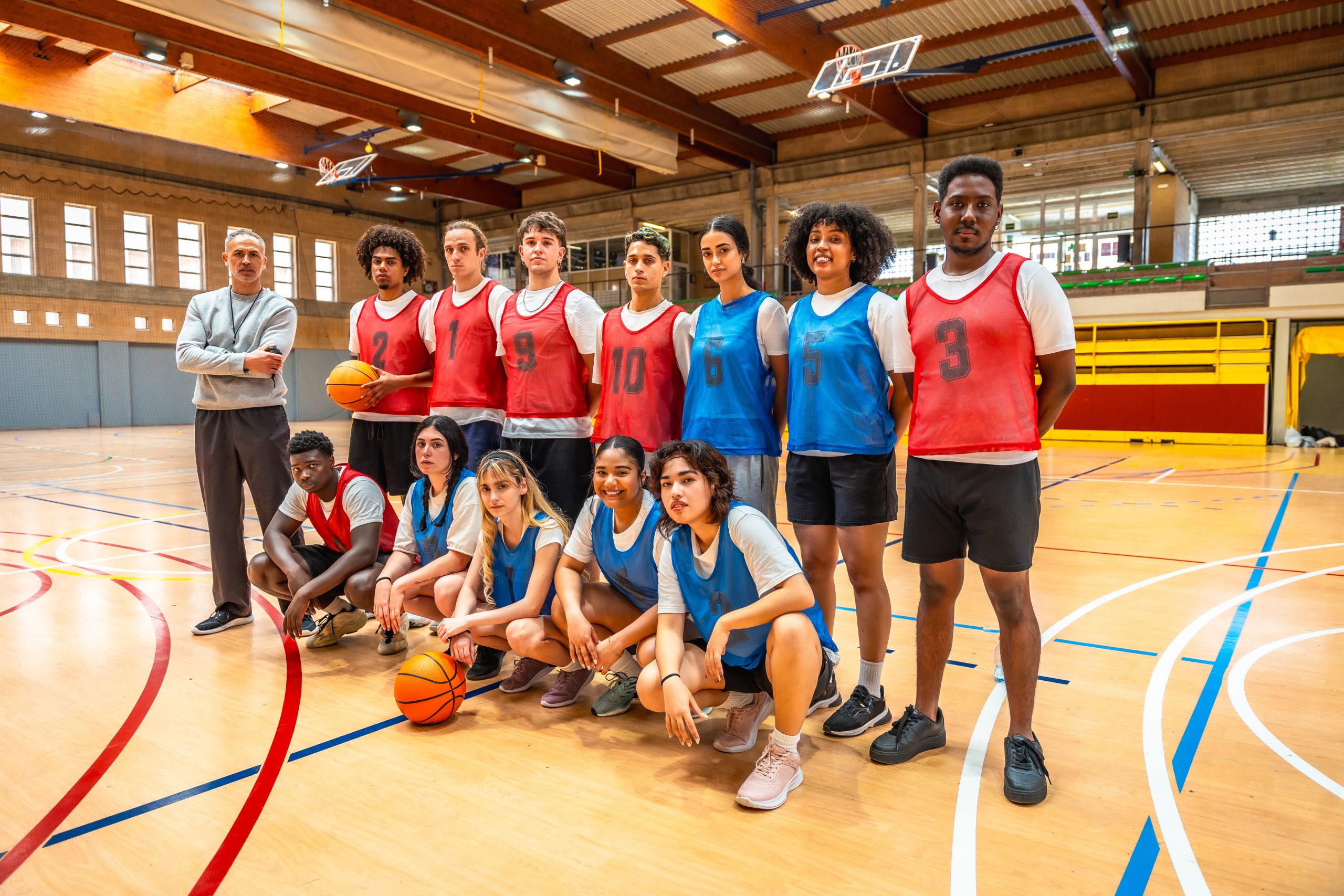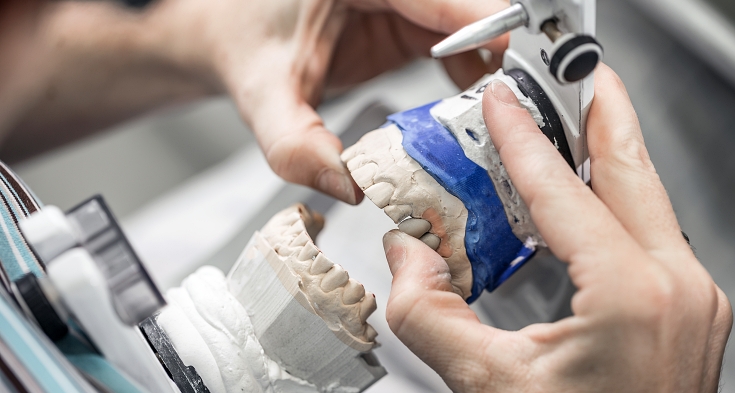
Branded monetization deals can present valuable opportunities for high school athletes in Florida, enabling them to earn compensation for their name, image, and likeness (NIL). However, without careful contract review, these young athletes and their families can face pitfalls such as overly restrictive provisions, unfair compensation terms, and hidden obligations. This post reviews the most common mistakes made in Florida NIL contracts and offers clear guidance on how to protect your rights and future opportunities.
At Elevate Legal Services, PLLC, we guide student-athletes and families through the evolving NIL legal landscape. Established in Boca Raton, our firm blends practical understanding of athletics, endorsements, and Florida law to help clients capitalize on NIL opportunities. To discuss your situation, call 561-770-3335 or email [email protected]. We will analyze your needs, negotiate contract terms, and ensure your rights remain fully protected.
Why Choose Elevate Legal Services, PLLC?
We provide expertise in Florida law and know state statutes, including Florida’s student-athlete regulations, ensuring compliance and sound advocacy. Our attorneys communicate plainly and thoroughly, supporting families every step of the way. We have experience structuring balanced, athlete-first deals that reflect market value. With our careful contract reviews, athletes gain peace of mind knowing their agreements are fair and protective of their interests.
Understanding NIL Contracts for High School Athletes
An NIL contract is a legal agreement where a brand or business compensates an athlete for using the athlete’s name, image, or likeness. These deals often include sponsored posts on social media, autograph signings, public or personal appearances, and apparel or product endorsements. Effective NIL agreements rely on clear, comprehensive contract language and enforceable safeguards.

Florida recently enacted statewide NIL protections for high school athletes. These laws allow them to engage in NIL deals without risking athletic eligibility. However, because this is a relatively new space, the rules and contract standards are still evolving. Careful legal review is essential to avoid pitfalls and maintain eligibility.
Common Mistakes to Avoid in NIL Contracts
One common mistake involves overly restrictive termination clauses. Some contracts give sponsors unilateral authority to terminate the agreement without fair notice or cause. This places all risk on the athlete, who may have invested in promotion or changed schedules to accommodate the deal. Athletes should negotiate for termination rights that require written notice and a cure period, such as 30 to 60 days, to address any issues. Avoid contracts that allow cancellation for any reason at any time.
Another issue is the ambiguous scope of rights. Vague definitions may grant sponsors rights to use the athlete’s image, voice, or likeness broadly across media platforms, territories, and timeframes without additional compensation. This results in athletes losing control and possibly not receiving payment for future uses. Contracts should clearly define the scope, including specific media (social, print, video), territory, duration, and use cases. Additional compensation should be required for expanded uses beyond the original deal.
Inadequate compensation provisions are also a frequent concern. Contracts with unclear payment terms or non-competitive compensation often undervalue an athlete’s influence. Without clear terms, athletes may not receive full market value or risk delayed or missing payments. It is vital to specify payment amounts, schedules, methods, and conditions tied to deliverables. Where appropriate, include bonuses or performance-based incentives. Compensation should reflect metrics like social following, local presence, and athletic achievement.
Broad exclusivity clauses can be problematic. Some contracts demand complete exclusivity in broad categories such as apparel or beverages. This restricts future deals, even in categories athletes have yet to explore. It is better to limit exclusivity to specific products or services relevant to the campaign, such as a single brand of sunglasses for a summer promotion. Contracts should also include geographic limitations or time caps on exclusivity.
Finally, many contracts fail to address eligibility consequences. NIL deals that conflict with rules laid out by the Florida High School Athletic Association (FHSAA) or the National Federation of State High School Associations (NFHS) can lead to sanctions. Athletes risk losing their ability to play during the season or postseason. Contracts must comply with FHSAA guidelines, including notification requirements and sponsorship limits. They should include express language confirming the athlete retains eligibility and that compensation does not exceed applicable caps.
Legal Contracts & Key Clauses Explained
Every NIL contract should be reviewed by a qualified attorney. Simple errors such as missing indemnity clauses or failing to notify school officials can result in serious penalties, eligibility loss, or reputation damage.
Key provisions to scrutinize include the deliverables description, payment terms, representations and warranties, indemnification, governing law and venue, and exit strategy. The deliverables section should specify the number of social media posts, appearances, or autograph sessions and define content expectations such as length, tone, and required tags. Payment terms must be clear and enforceable, including specific dates, methods, and remedies if payments are delayed.
Representations and warranties should include athlete assurances regarding eligibility and trademark ownership, along with brand assurances such as content safety. Indemnification clauses often shift liability to the athlete. Athletes should counter-negotiate to limit their liability to instances of negligence, while brands should retain responsibility for misuse of likeness. Governing law and venue provisions determine where legal disputes will be handled and should specify Florida courts for simplicity. The exit strategy must include clear termination conditions, eligibility protection, and a guarantee that earned compensation is retained.
For athletes under 18, contracts must be co-signed by a parent or legal guardian. Guardians should receive full contract copies and have the right to consult an attorney. Contracts should include clauses confirming parent approval and consent to make the agreement enforceable.
Steps to Secure a Strong NIL Agreement
The first step is to consult with legal counsel early. Involving an attorney familiar with Florida NIL laws before drafting or signing any agreement ensures eligibility risk analysis, tailored contract clauses, and strong negotiation support. Next, conduct a risk-benefit analysis to determine how the deal aligns with eligibility rules, branding strategy, and school requirements.
Negotiation should be intentional. Athletes and families should not accept standard contracts without review. Areas to negotiate include compensation fairness, termination protections, exclusivity limits, and balanced indemnification terms. Once the agreement is in place, document everything in writing. Verbal promises must be reflected in formal agreements or written adverts.
Compliance and deadline management is also essential. Athletes should submit mandatory NIL disclosures to the FHSAA or school districts and track deliverables and payment due dates to remain in good standing and receive earned compensation on time.
Notable Florida NIL Issues
Florida law now permits high school athletes to sign NIL contracts, provided they comply with FHSAA requirements and avoid direct pay-for-play terms. Effective July 2024, these protections require schools and athletes to maintain transparency and accurate records. Payment based solely on performance metrics, such as touchdowns or stats, is not permitted.
NCAA rules no longer govern high school NIL deals directly, but local and state rules still apply. Contracts must avoid language that ties compensation to specific athletic outcomes or team selections. This ensures ongoing eligibility and avoids sanctions.
Case Study: Common Mistake in Action
A Florida high school athlete once signed a deal granting a beverage company unlimited use of their image on any product worldwide for five years. The athlete posted a promotional photo, but the company later used that photo on T-shirts sold internationally without additional payment. The contract failed to specify geographic or media limitations and did not provide additional compensation for new uses.

Had the athlete worked with a lawyer, the contract would have limited usage rights to the original campaign and included compensation adjustments or renegotiation provisions for expanded use. This example underscores the importance of legal review and careful negotiation.
Final Thoughts
Securing NIL opportunities can be rewarding and career-launching—but only with strong legal guidance. Contracts can influence your eligibility, reputation, and financial future long after signing. To ensure your athletic journey starts and stays on solid ground, work with Elevate Legal Services, PLLC. Let us handle the legal complexities while you focus on reaching your potential.
Ready to protect your athletic brand? Reach out today by calling 561-770-3335 or emailing [email protected]. Your name, image, and likeness matter. Let us help you make them count.





